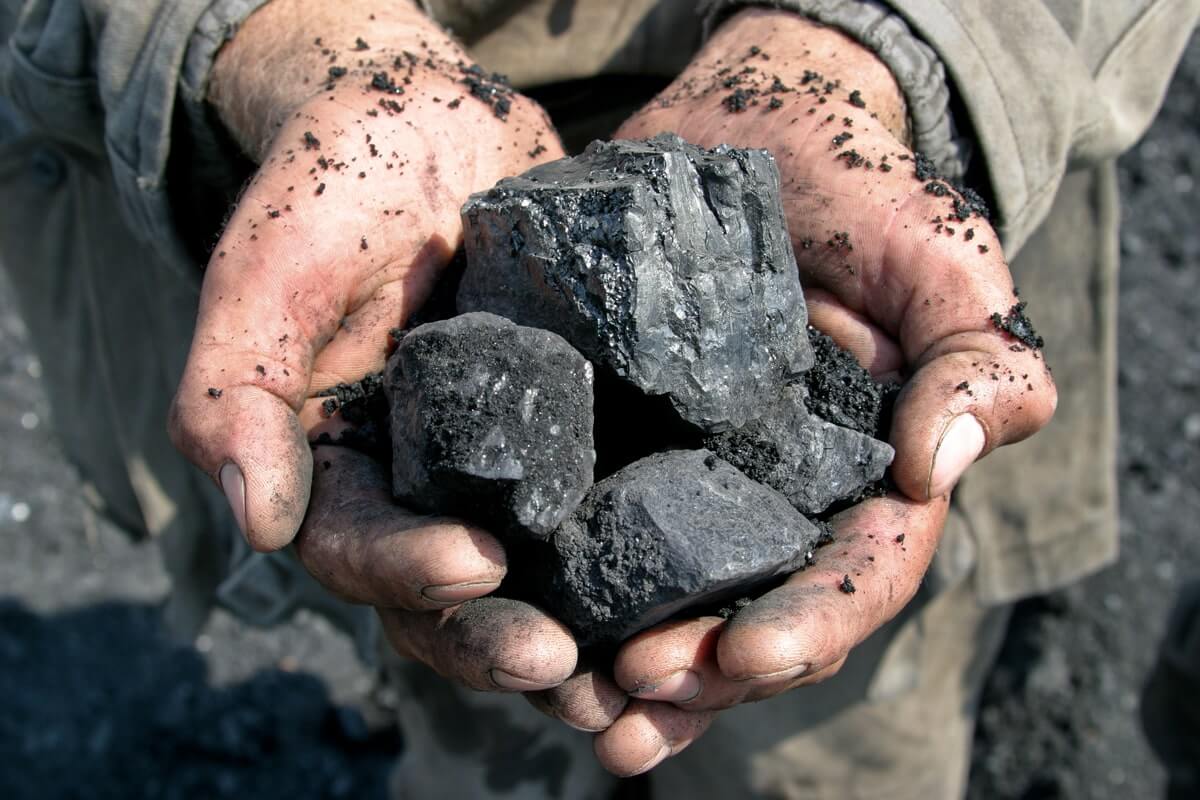Post by: PocketOption on Mar 15, 2022, 12:05 pm

’s Exports of Coal, Crude, LNG Slipping
Western buyers’ voluntary boycott of n commodities, known as self-sanctioning, was expected to affect crude oil, liquefied natural gas (LNG), and coal exports in April. Still, there are already signs that flows are easing.
’s invasion of neighboring e has prompted many Western companies to withdraw their investments in and reduce or halt their purchases of energy commodities, which are the lifeblood of the n economy.
While Western governments have not directly sanctioned energy commodities, many companies refrain from purchasing from due to public opposition.
However, there are already signs that exports are slowing, with coal shipments being the most affected so far.
’s coal shipments to Europe were 1.16 million tonnes in the first two weeks of March; vessels that are already in transit or are in the process of loading do not count.
exported 6.16 million tonnes of coal to Asia in February, up from 4.88 million in January, China’s largest buyer.
’s Coal Exports Are Declining
n crude oil shipments appear to be holding steady in March, mainly to Asia.
is on track to export approximately 33.89 million barrels of crude to Asian buyers in March; this is similar to the 30.02 million in February and slightly lower than the 36.24 million in January.
Crude exports to Europe, on the other hand, are already falling, with actual and potential shipments of 28.72 million barrels in March, down from 69.23 million in February and 72.66 million in January.
March figures are likely to go higher by the end of the month; hence, anything other than a sharp drop in ’s crude shipments to Europe would require a massive turnaround from the current situation. Overall, it appears that buyers are already withdrawing from n seaborne energy commodities.
Coal may serve as a cautionary tale, as it appears to be the most affected first.
The post ’s Exports of Coal, Crude, LNG Slipping appeared first on FinanceBrokerage.
Source: 's Exports of Coal, Crude, LNG Slipping (https://www.financebrokerage.com/s-exports-of-coal-crude-lng-slipping/)